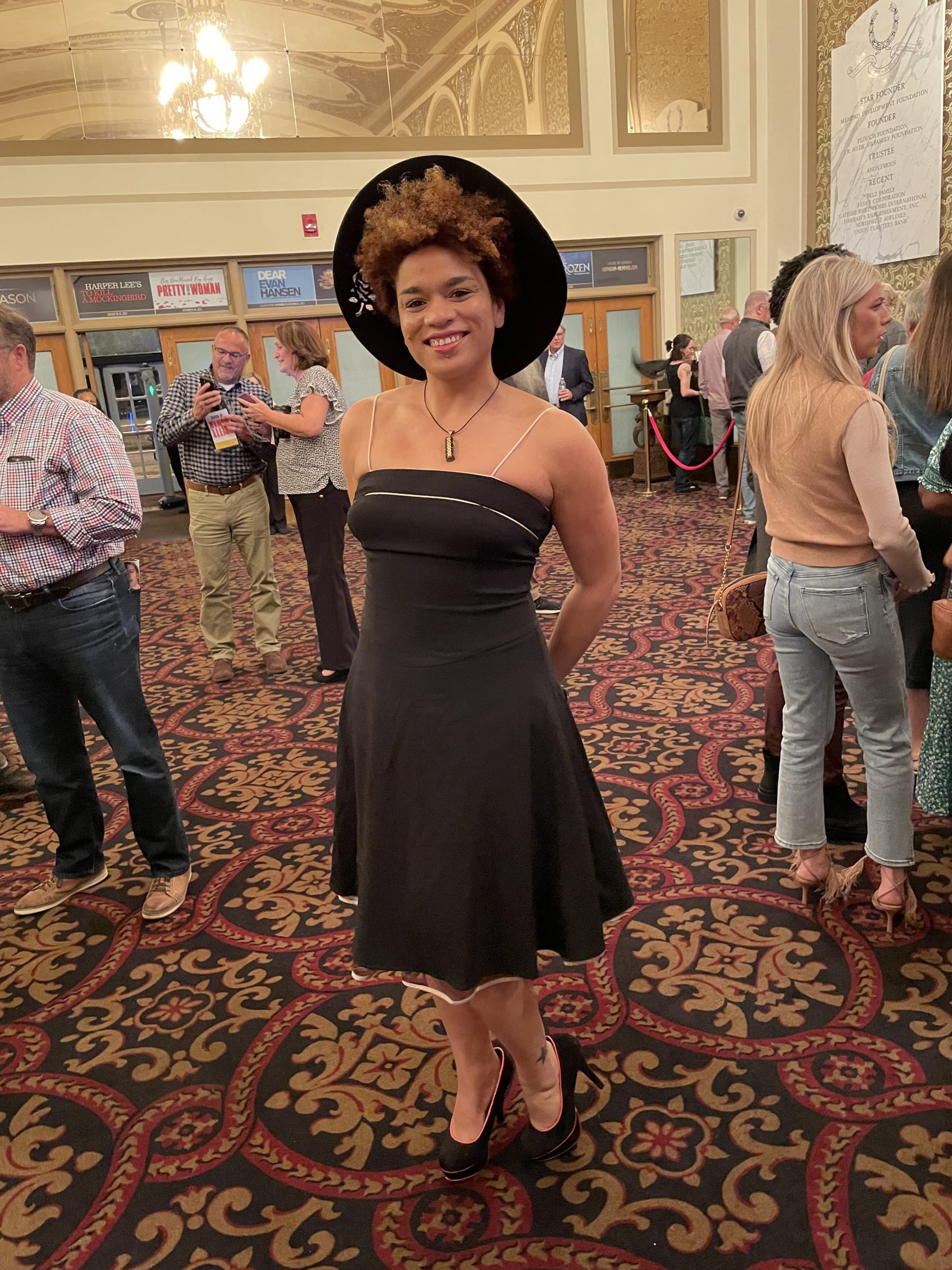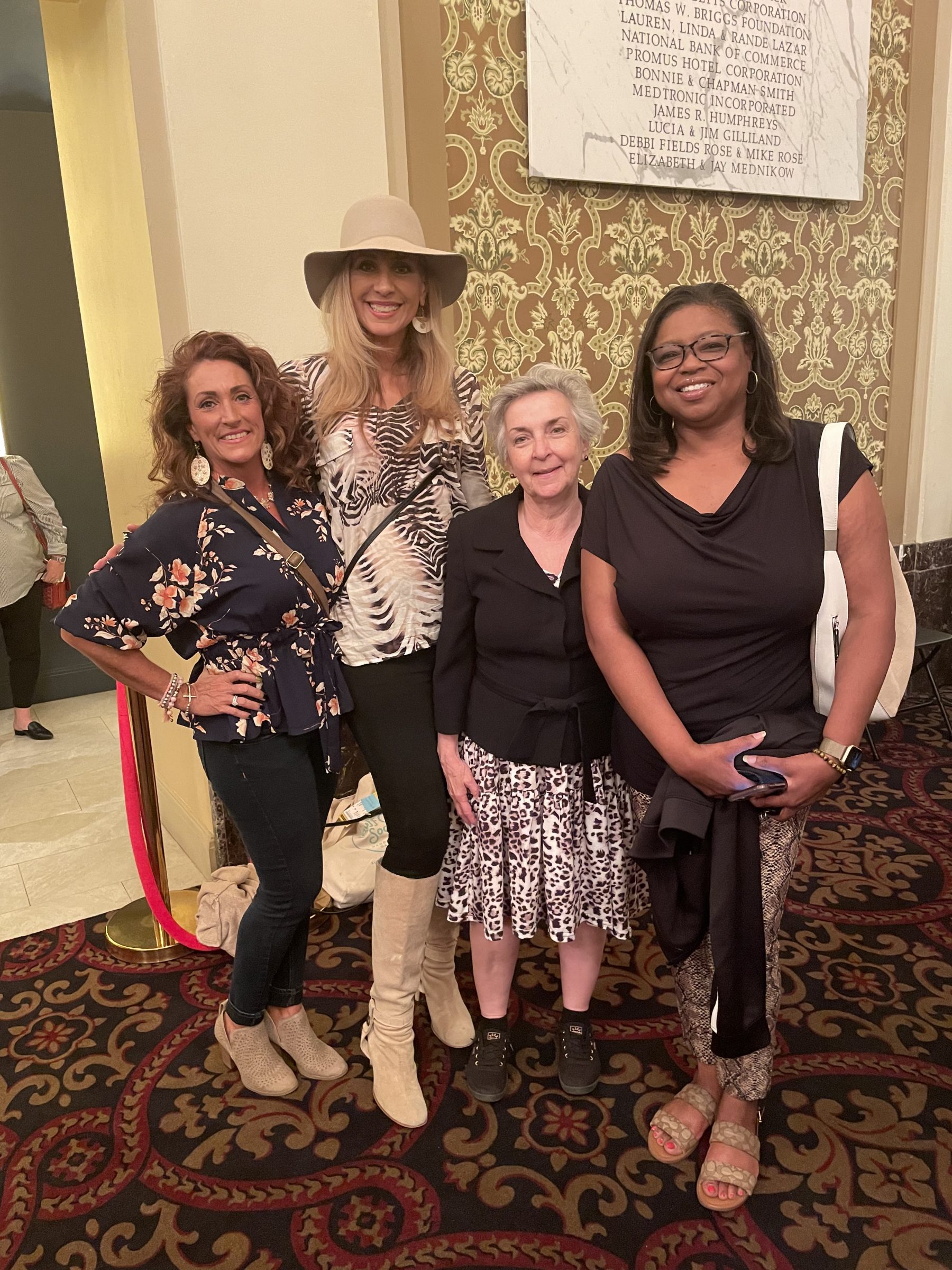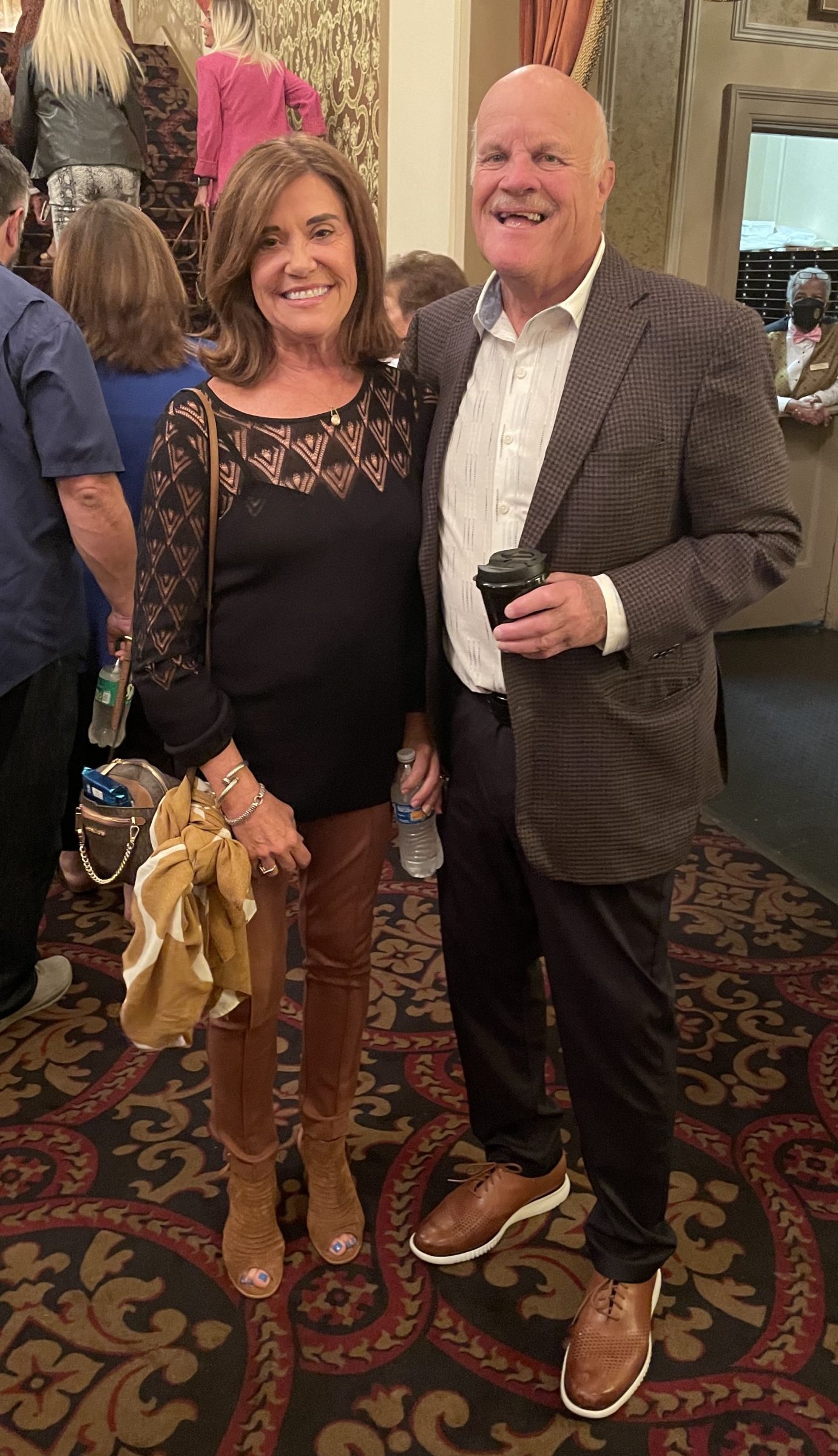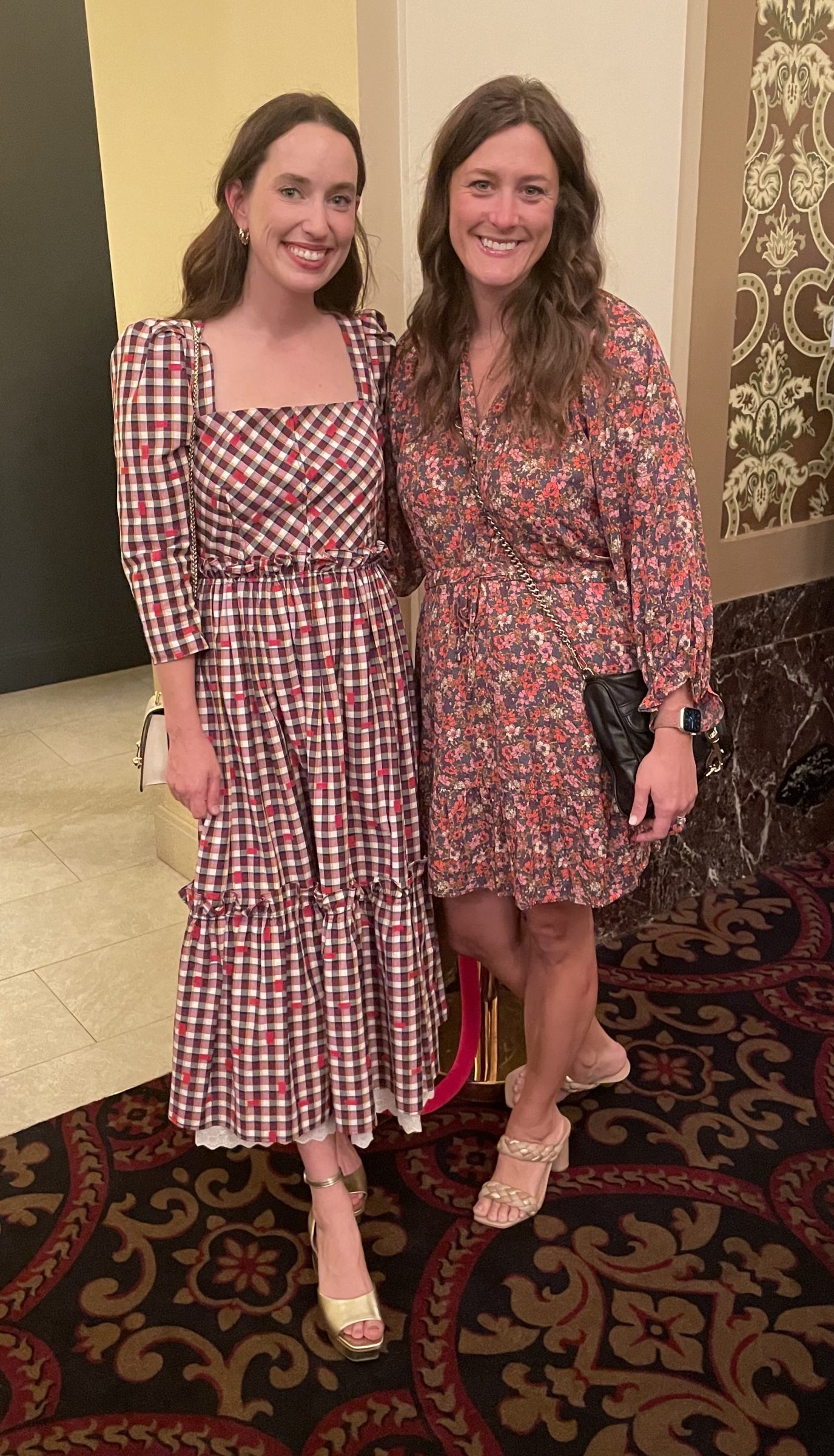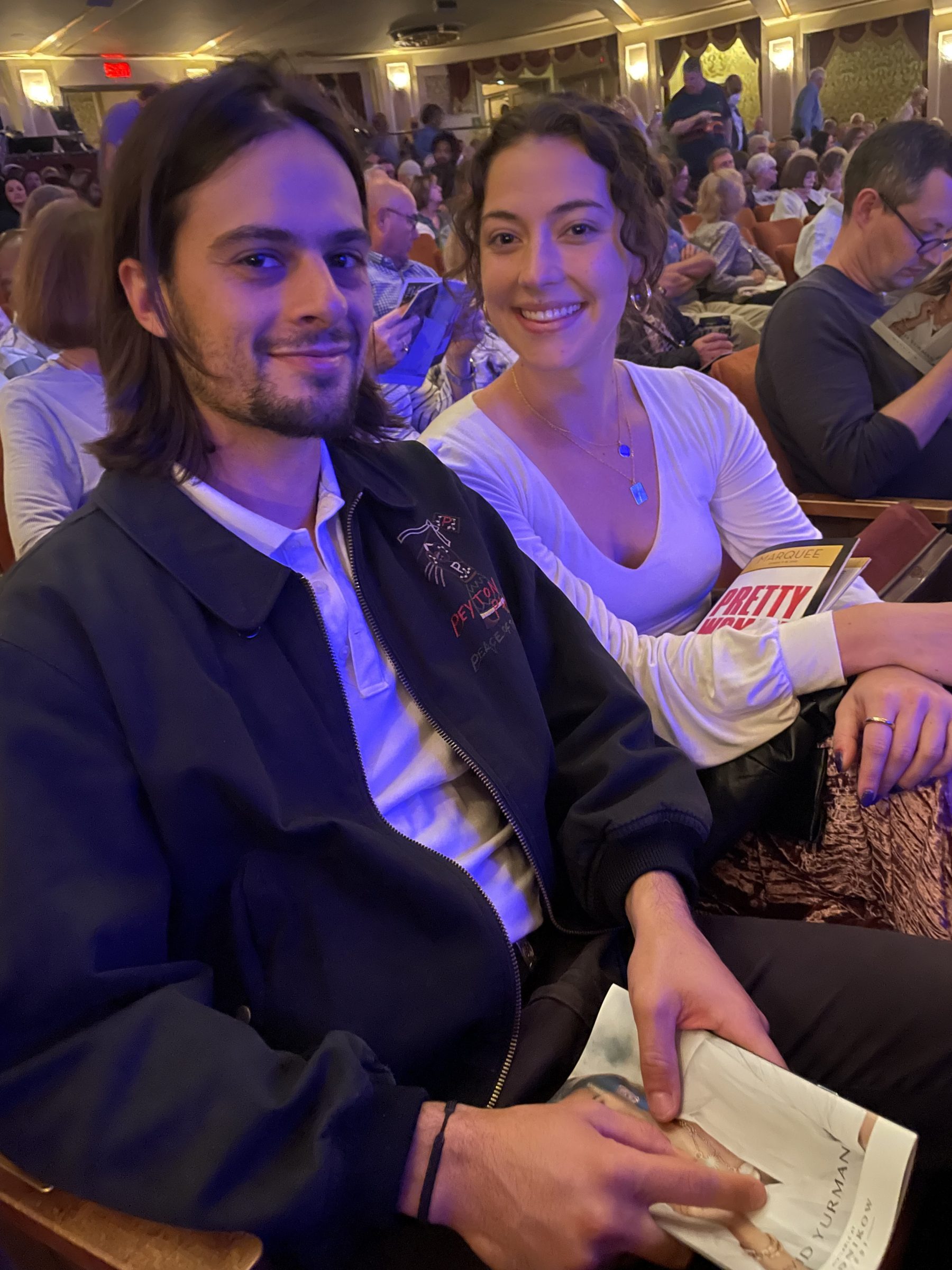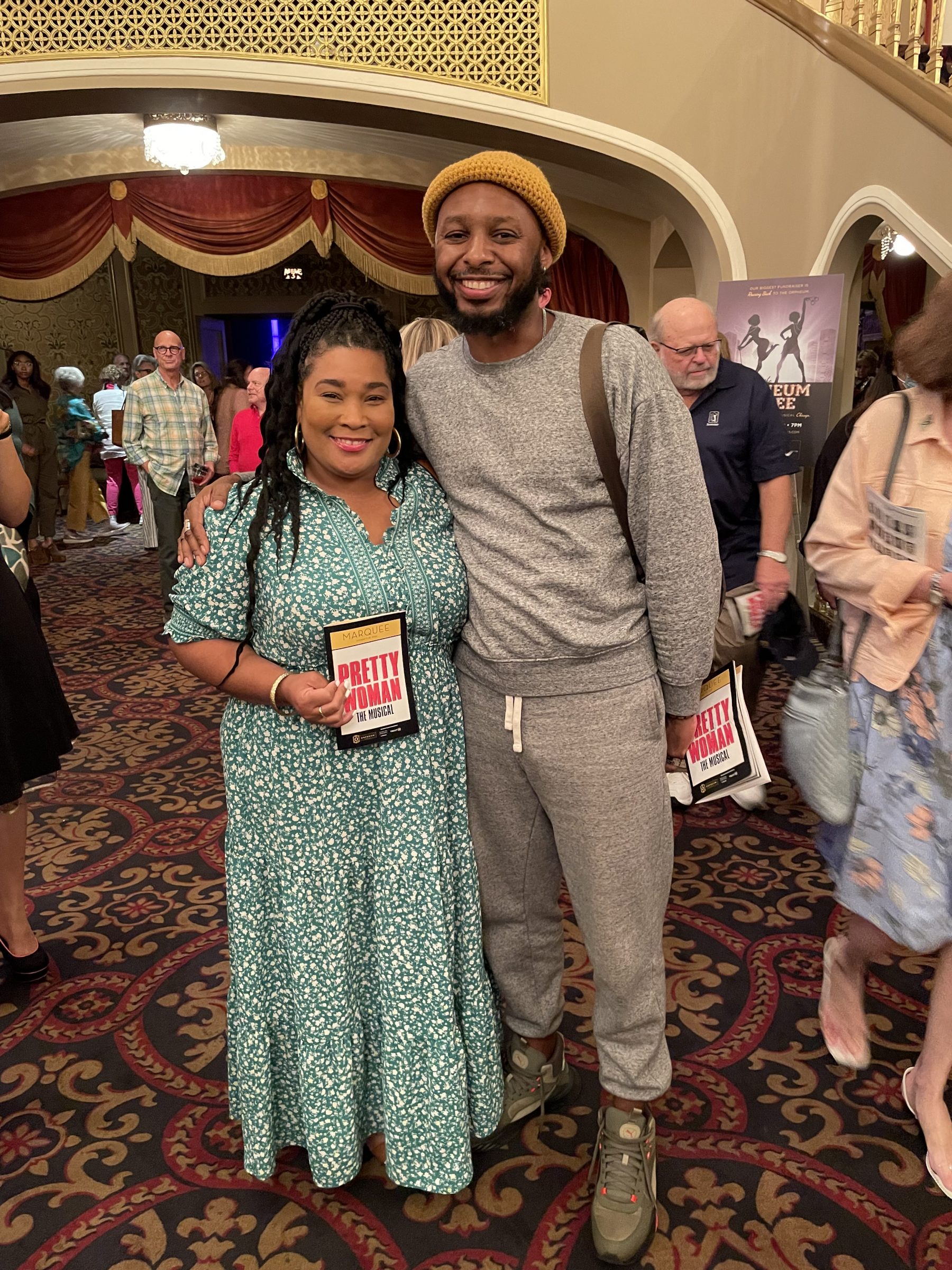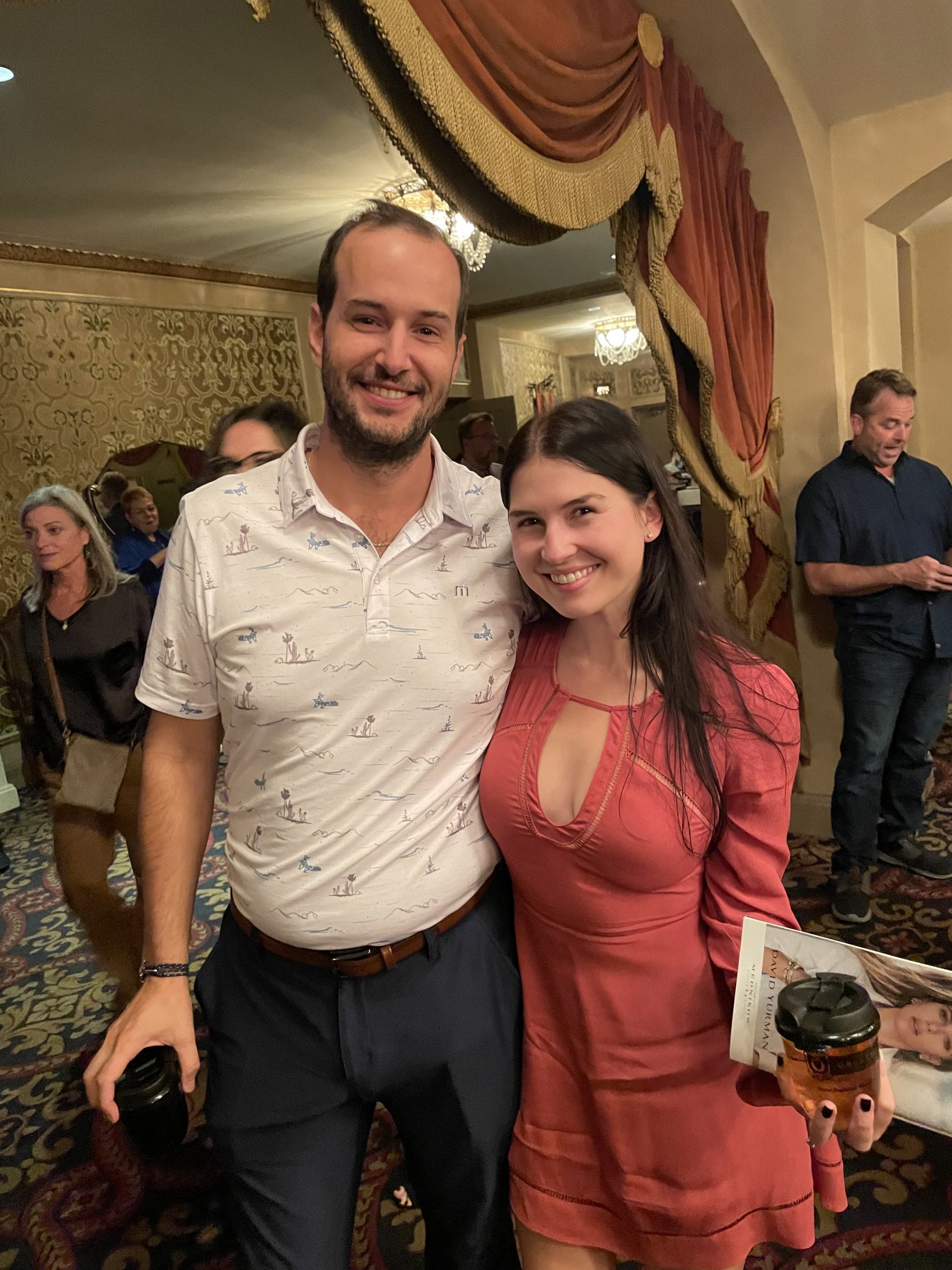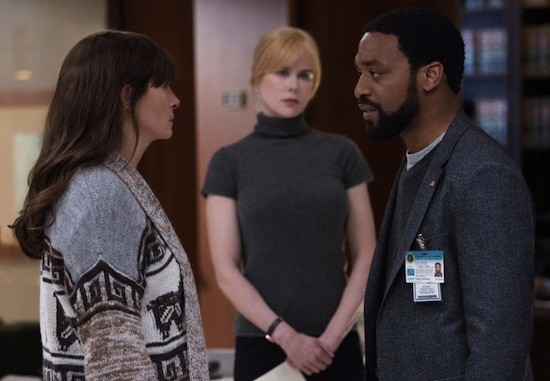My sister and I were trying figure out our Top 10 list of shows we’ve seen at the Orpheum. I included Harper Lee’s To Kill a Mockingbird with Richard Thomas, the recent Jesus Christ Superstar, and a production I saw years ago of Hello, Dolly! with Michele Lee. As a bonus that night, I got to meet the down-to-earth Lee, who I really liked.
But I added a new one this week: Pretty Woman The Musical, which I saw opening night, October 11th. It’s just great. The cast is amazing. The show is upbeat. It’s one of those feel-good shows in every respect.
One way I could tell I wasn’t the only one who left the theater feeling positive about life was the way everybody was being so nice to each other. They were cheerfully asking me what I thought about the play. A lot of smiles. It seemed like the majority of people out on the sidewalk were grinning and chatting away as they were about to embark in their vehicles. Nothing wrong with that.
I saw and liked the movie version of Pretty Woman starring Richard Gere and Julia Roberts when it came out in 1990, but I don’t remember much about it.
Of course, you’re going to compare the movie stars to the stage actors in the same roles. But the good thing is nobody is copying off of anybody else in the stage adaptation. Adam Pascal, who plays the uptight, money-hungry, unscrupulous, afraid-of-heights Edward Lewis, isn’t Gere. He seems more patrician, more of an old-money-looking guy than Gere’s portrayal. Both were great.
And Jessie Davidson was equally fine as Vivian Ward, the streetwalker who knows she’s supposed to be walking another path. She just doesn’t know what that path is.
The night I saw the musical was Davidson’s first official performance in the role. During the show’s standing ovation, Davidson was given flowers like her character was given flowers at various times in the show. But this time she didn’t toss them away.
Two of my favorites in Pretty Woman The Musical were the extraordinary Kyle Taylor Parker, who pops up as all different types of characters during the musical. If I’m not wrong, he got the strongest applause during the standing ovation.
It seemed like most of the cast members played a multitude of roles, changing from street people to Rodeo Drive dress shop employees to La Traviata opera singers.
I especially liked Keyonna Knight, who played the tough, funny, and tender streetwalker Kit De Luca the night I saw the musical.
And Trent Soyster, who played the “Giulio” the bellboy, made the show with every expression on his face as he reacted to whatever was going on — whether it was dancing with a mop or just realizing exactly what went on in the hotel room with Edward and Vivian the night before. He got a big round of applause, too.
Pretty Woman The Musical runs through October 16th.

